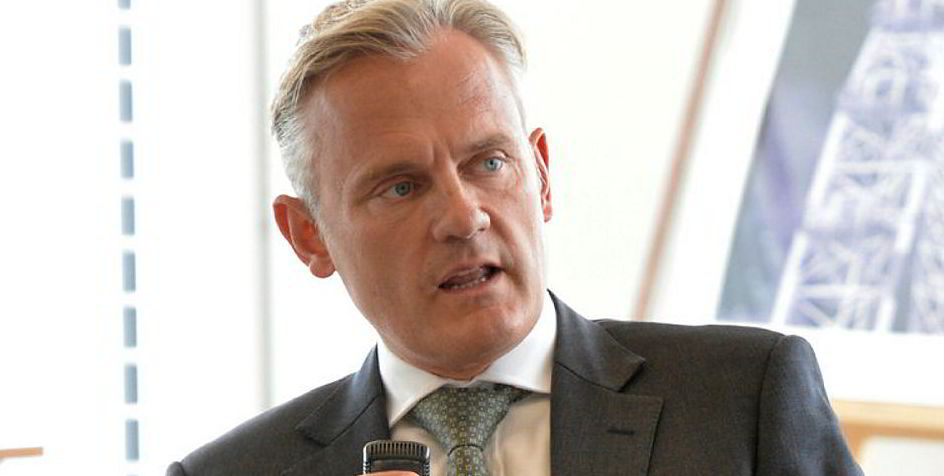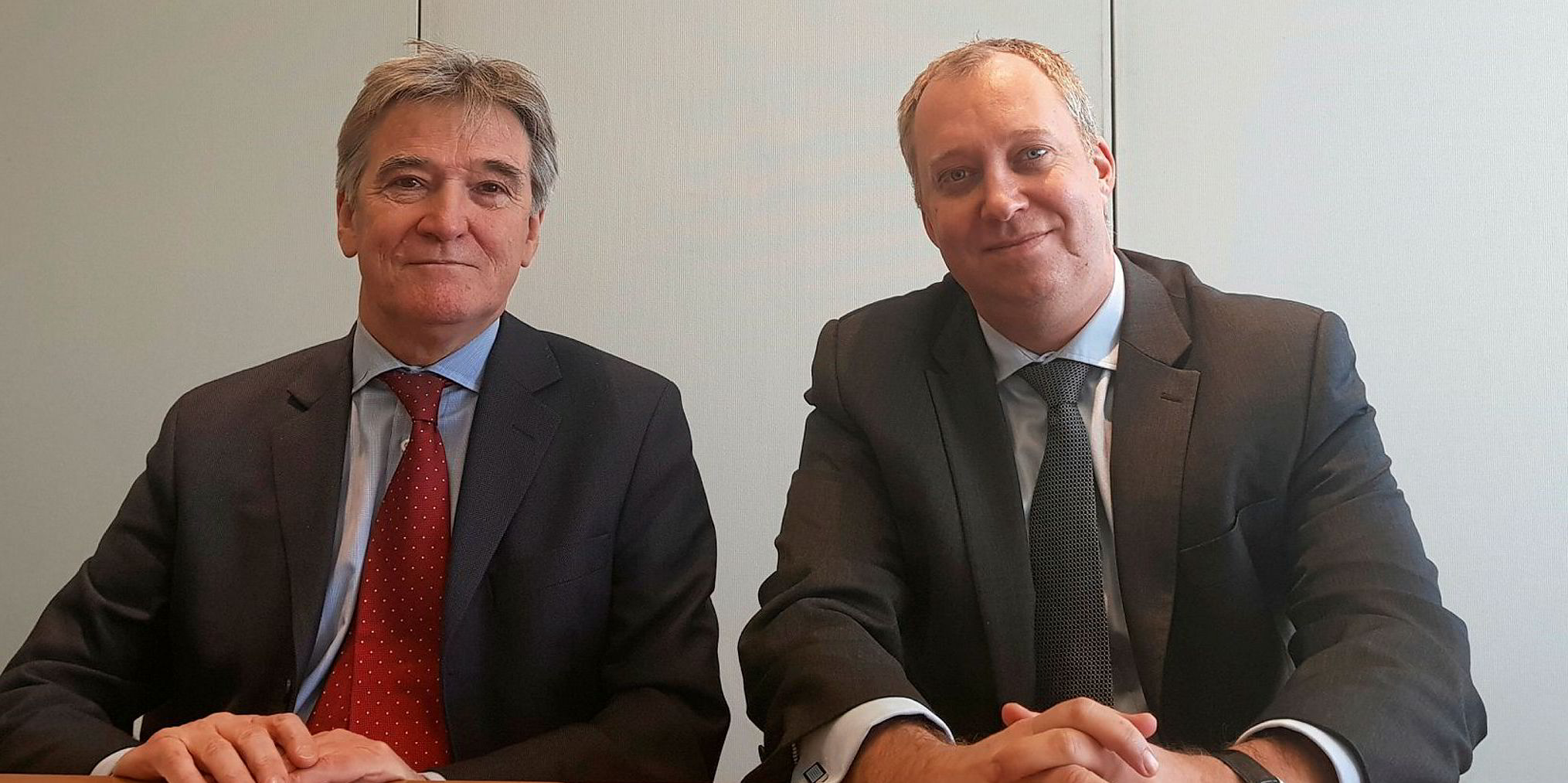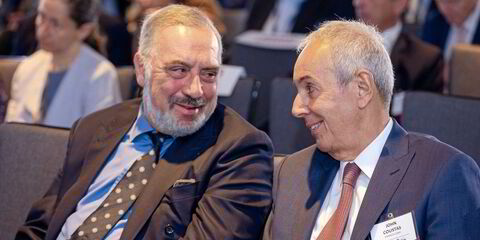Andrew Taylor and Rob Wilkins have replaced Nick Shaw as Reed Smith’s global head of shipping as the law firm attempts a two-pronged approach to the department’s leadership.
Shaw has departed to become chief executive at the International Group of Protection & Indemnity Clubs.
The idea is that Wilkins will represent the transactional side of Reed Smith’s shipping practice, while Taylor represents the litigation and more traditional P&I and casualty work.
Taylor said: “We have such a strong litigation part of [the] business, and also a successful transactional side, that it seemed logical to us that the next stage should be to interweave the two much more closely at the management level.”
The move is also intended to illustrate how the two sides of the top-five shipping practice can collaborate, with the two partners seeking opportunities to work more closely. There has been criticism that London law firms tend to be weighted too much to either the transactional or the traditional shipping side, but Wilkins believes Reed Smith, with 120 transportation lawyers worldwide, is well positioned and has got the balance just about right.
“I am a transaction lawyer but a lot of work we do involves litigation expertise. We worked a lot in recent years on non-performing loans and, in a distressed industry, litigation support is a key part of what we need as a transactional offering as well,” he said.

“I still think the two go hand in hand but there has certainly been a lot of growth in the transaction side in recent years and, as a firm, we are well positioned to advise our clients — for example, on strong restructuring capabilities in the US and Europe.”
Wilkins said the transactional side of the business is right up to date with developments in the market.
“Law firms need to be able to move with the times and to be able to advise on different types of transactions with different types of clients, such as private equity, distressed asset clients and large NPL [non-performing loans] deals,” he added.
“We were involved in $4.5bn of NPL transactions last year, with 55 lawyers working on transaction deals. It’s difficult for small firms to be able to draw those sort of resources in, so it’s tended to suit global larger platforms.”
Taylor is also targeting consultancy and dispute-resolution work that will emerge from IMO 2020.
“IMO 2020 is a classic example of how we can work in understanding the challenges ahead in a ‘thought leadership’ style. We have a lot of work in connection with IMO 2020 charterparty and long-term contract-type work,” he said.
“I think there will undoubtedly be disputes, particularly with old charterparties where some of this IMO 2020 and whole history of low-sulphur fuel [regulation] has not been adequately translated into contractual language.”





